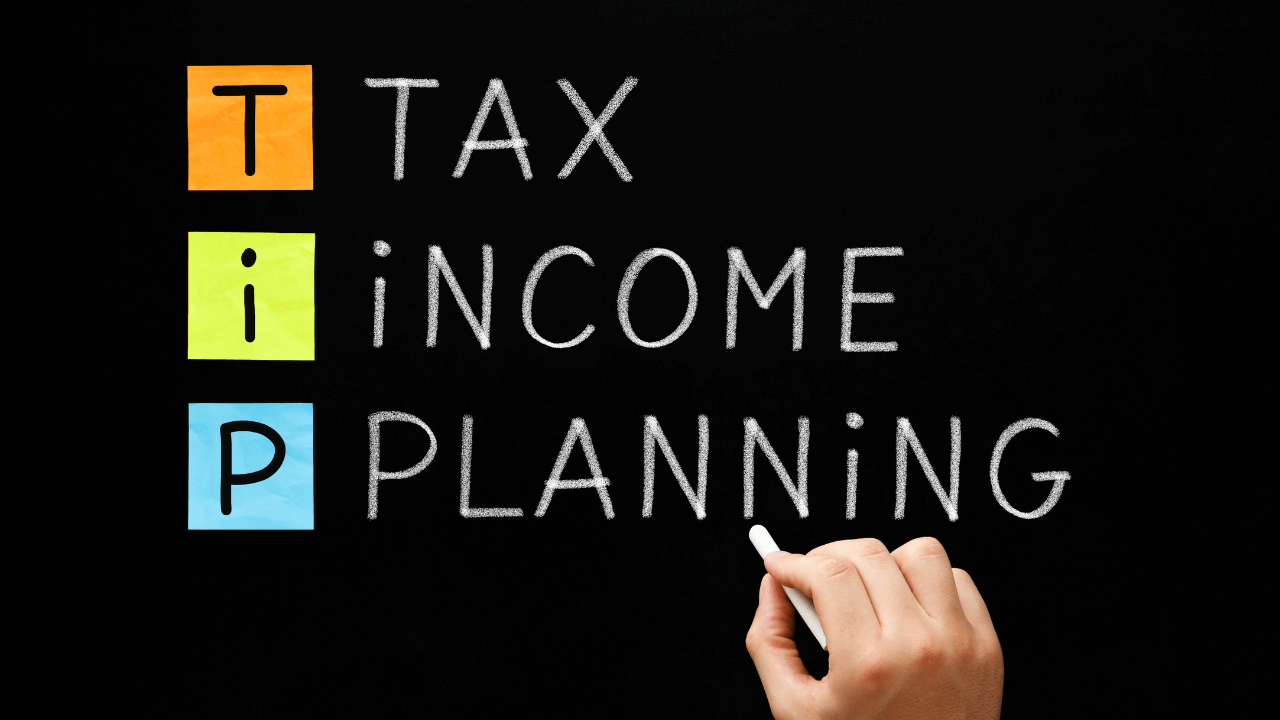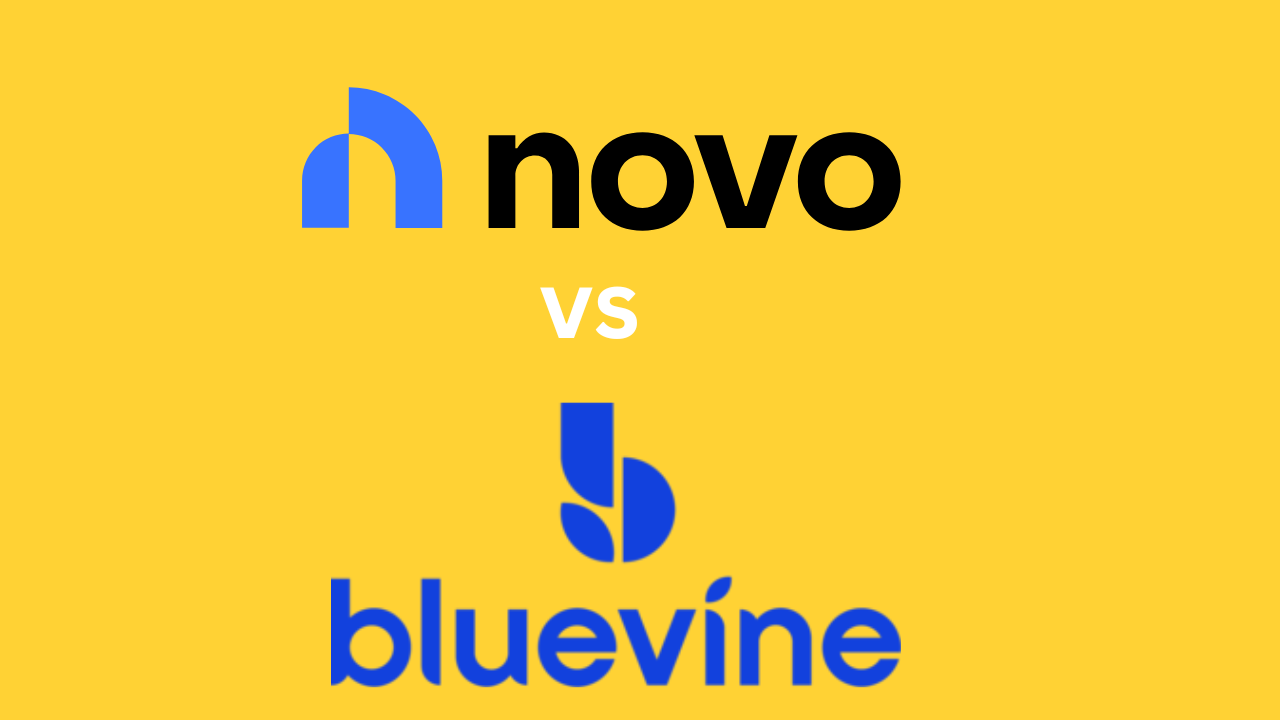Language:
How Much Does it Cost to Start a Storage Unit Business?

If you’ve ever considered venturing into the world of entrepreneurship, and have some extra land at hand, why not start a storage unit business? 📦
With the growing demand for storage space, be it overzealous vintage collectors, former homeowners looking to travel the world in a van, or people looking to store away their most prized possessions safely, having a storage unit business is a great way to earn recurring revenue.
Is Starting a Storage Unit Business a Profitable Investment?
Let’s address an important question before we delve into the costs: Is starting a storage facility business a profitable investment? Yes! The storage unit industry has consistently grown and was valued at $48.02 billion in 2020, with an estimated annual compound growth rate of 5.25%.
The jump could be driven by increased online shopping, downsizing, and a rise in the need for space to store things as people move to new, smaller homes.
While the success of a storage unit business depends on various factors like location, competition, and operational efficiency, the overall demand for storage units indicates a promising market. Despite the rising demand, it’s important to do your bit of research before diving in to make sure your business is set for success!
Related: How to Start a Laundry Business
Costs of Starting a Storage Unit Business
Before reaching a decision, let’s explore the costs associated with starting a storage unit business. Discussed below are some of the costs that you should consider:
1. Property Acquisition or Lease
If you already have a piece of land on which you want to build your storage unit, then great! That’s one less expense to worry about— just as long as it’s zoned properly.
If you don’t have the land or the building yet, then you’ll have to put in the work to find the land or building and figure out if you’ll be purchasing it or leasing it. Purchasing land, even without a building, requires expenses like down payments, property appraisals, and legal fees.
While leasing a property can reduce the initial capital required, it could include lease deposits, require monthly rental payments, and have pre-existing rules that forbid self-storage businesses.
Consider the terms of the lease and its impact on your long-term expenses and financial projections.
2. Construction or Renovation
Now, if you just have a piece of land or need to upgrade an existing building, you’ll need to put in time and money to build or renovate your storage space. This includes everything – from construction material to labor to permits to architectural design to site preparation.
3. Storage Units
When starting a storage unit business, a big expense is, in fact, the storage units themselves. From the number of units to the size variations to the materials used (metal versus wood) to its security features and climate control options to offering favorable conditions for your customers’ possessions.
You could purchase pre-built storage units and save time, or you could construct them on-site to offer flexibility and customization. Strike a balance between quality and cost-effectiveness based on your time and budget so you can decide on the type and features of the storage units for your facility.
4. Security Systems and Equipment
One of the most important features of a storage unit is its security. Investing in robust security systems and equipment ensures the protection of your customers’ belongings and fosters their trust in your facility. These costs could include surveillance cameras, alarms, access control systems, gate systems, and locks, to ensure your customers’ belongings are completely safe.
You’ll also need to consider ongoing expenses for monitoring services or maintenance of these security systems; while purchasing the camera is a one-time fee, its ongoing security footage and features could significantly add to your monthly bill!
Related: How to Start an Organizing Business
5. Insurance
And while we can do our best to protect our customer’s belongings, insurance is there when everything else fails, acting as a safeguard for both your business and customers against the risks we never want to think about, like theft, fire, or natural disasters.
6. Operational Expenses
In addition to the upfront costs, consider the ongoing operational expenses, like:
- Utilities, to care for your customers’ belongings through electricity, heating, cooling, and other utility costs.
- Maintenance, to ensure repairs and cleanliness to make your space and its surrounding area well-maintained.
- Marketing, to attract customers, be it through banners, newspaper ads, or social media.
- Staffing, to build a team to help you manage the space if it gets too overwhelming for one.
- Administrative costs, like office supplies, bookkeeping services, and other software to keep everything up and running.
7. Permits and Licenses
Then, there are those additional costs that we might forget in the excitement of starting our business: application fees, inspections, and compliances.
8. Miscellaneous Expenses
Finally, you also need to consider the initial marketing expenses to help build your business when it starts. Other ongoing expenses are seeking guidance from financial advisors or industry professionals to help keep your business running.
7 Benefits of Starting a Storage Unit Business
While some of these costs and fees might get you down, the advantages of owning a self-storage business can greatly benefit your entrepreneurial jumpstart. Let’s take a look at the numerous benefits of owning a storage unit business.
1. Recurring Revenue Stream
This ain’t a one-and-done deal! Operating a storage unit business means a consistent, reliable source of income with each new customer until they cancel, allowing you better financial projections and profits.
2. High Demand and Market Stability
Whether the economy is thriving or falling, people always need storage. Downsizing because the housing market has crashed? You probably don’t have space in your smaller home to fit everything. Buying lots of new things because you have a shiny new job? Your home probably won’t fit all of it.
3. Minimal Inventory and Low Operating Costs
Once you construct or purchase the storage units, your ongoing operating cost is relatively low. While utility expenses and maintenance costs for the facility are typical ongoing expenses, they are generally manageable compared to businesses that require constant inventory restocking or high overhead costs, helping you get bigger profit margins. 💪
Related: Low-Maintenance Businesses
4. Scalability and Flexibility
Adapt to the demand in your market with ease. You could start with a few units, and only add more as you can afford and as the demand grows. Plus, you’re not just limited to personal storage— you can store products for offices and big corporations, too.
5. Limited Competition in Some Areas
While densely populated regions may have a higher concentration of storage facilities, there are often underserved markets where the demand for storage units surpasses the available supply— that’s where you come in!
Identifying such areas can give your business a competitive edge and position you as the go-to storage provider in the region, particularly because you might be the only one accessible.
6. Ancillary Services and Upselling Opportunities
Beyond providing basic storage services, you have the opportunity to offer ancillary services that complement your core business, like selling moving supplies such as boxes, tape, and packing materials.
You can also consider offering truck rentals to customers who need assistance with transporting their belongings or providing insurance options to protect customers’ stored items and accepting package deliveries on their behalf… all so you can generate additional revenue streams and enhance customer satisfaction and loyalty.
7. Potential for Appreciation and Real Estate Investment
As with all real estate purchases, if you bought your storage unit building and land, you’ll automatically reap the benefits of potential appreciation and real estate investment. The combination of rental income and potential capital appreciation makes the storage unit business an attractive option for entrepreneurs looking to invest in real estate.
Share Your Dreams with Doola So You Can Store Others’ Dreams in Your Unit
Use doola to manage your new storage unit’s invoicing process, view transactions, tag and categorize income, build automation, and even automatically pull Stripe fees for expense management. Stay on top of your financial records, track expenses, and optimize profitability, all with doola Books.
FAQ
What’s the estimated cost of starting a storage unit business?
The cost of starting a storage unit business can vary significantly depending on factors such as location, facility size, amenities offered, and local market conditions. It could range from a few thousand dollars to a million dollars. It’s important to conduct thorough market research and create a detailed business plan to estimate these costs accurately.
What’s the average return on investment (ROI) for a storage unit business?
The average return on investment for a storage unit business ranges between 7% and 17%.
Are there any recurring costs involved in running a storage unit business?
Yes! Utility expenses (electricity, water, heating, cooling), maintenance, marketing, staffing, administrative costs, and insurance premiums are just to name a few.
Keep reading
Start your dream business and keep it 100% compliant
Turn your dream idea into your dream business.















